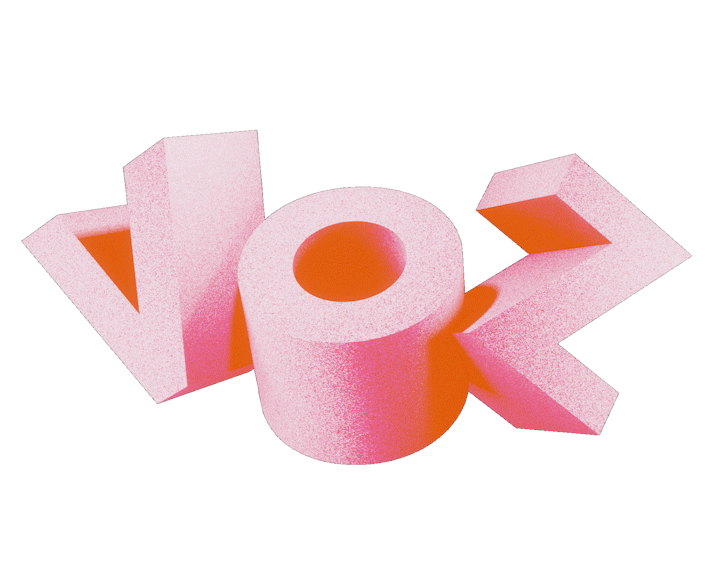

Max Barrera
At 8 years of age Max Barrera picked up a skateboard. Three decades later he is still perfecting his skills, though his sights are now set on the next Olympics. He was born in Guadalajara and was originally encouraged to pursue the sport by his mother, who wanted to keep a hyperactive child entertained. Since being taught how to skate by family friends, he has eternally chased the feeling of freedom he experiences once on a board. “Skateboarding was very underground,” says Barrera, “we went from being the weirdos or the bad boys to being Olympic athletes. [The sport] is here to stay.”
At the beginning of his career his style of skating was Park – which involves skating in skateparks and focuses on transitions – but after moving to Mexico City, due to the lack of skating venues at the time, he started to practice Street – where the athlete skates on staircases, rails and other elements found outdoors.
At 20, Barrera decided to “live off off skate,” and opened his own skate shop as he felt, “there wasn’t really a skating scene [in Mexico]”. He managed it until he was 24 – while simultaneously participating in competitions in various countries like Brazil, Costa Rica, and Australia. When Vans offered him a sponsorship, he decided to close his shop and move to North America. “My store was robbed so I took that as a sign to move to LA to improve my skills in the place where skateboarding was born,” says Barrera. He stayed in the city for 13 years, where he grew professionally and was featured in key skateboarding publications like Thrasher. “I thought that by leaving my country everyone would forget about me, and it turned out to be the opposite,” says Barrera, “they were paying attention to what I was doing.” He returned to Mexico when Vans presented him with the opportunity to become a Team Manager, which allowed him to offer support and guidance to young skaters in Mexico while Vans provided them with a salary, and a budget for competitions and to create video content to promote their skills.
Max Barrera sharing some of his tricks.
“I think skateboarding is in its best stage. Now it’s very global and it’s for everybody,” says Barrera, “it’s the girls time now, they’re coming in strong, with remarkable talent, character, attitude, and passion.” However, according to Barrera, Mexico as a country still does not provide enough support for professional skateboarders as athletes: “Here, they only support soccer.” He also finds that Mexican skaters need to work on creating a stronger skating community: “The Mexican’s Achilles heel is being racist towards other Mexicans. I’ve experienced it. We are very nice towards foreigners but between Mexicans we always ask, ‘why him and not me?’ So I am trying to unify the scene.”
After four years of working with the team, Barrera decided to leave the role to start his own skateboarding academy – hoping to create a stronger and more supportive skating community in Mexico. It has now been open for 8 months and it not only teaches students, but also prepares skaters who want to become teachers. His dream – which is currently under construction in Valle del Bravo – is to start a foundation to go alongside the academy where he will offer orphans the opportunity to learn how to skate. “It is my way of thanking the sport for what it gave me,” says Barrera, “and I want to provide orphans with these tools.”



Max Barrera teaching a young student.
Currently, Barrera is also training to represent Mexico in the Park modality at the next Olympics. He had been retired from competitions for 10 years, but his love for the sport made it impossible for him to pass on this opportunity. “Skateboarding educates you; it teaches you to control your frustration, your fear, your anger… It makes you believe in yourself and tells you to always get back up,” says Barrera. “For me, skateboarding is more than a lifestyle. I always say: ‘They live, we skate’. Skating is more than living. It helps me connect body, mind, and soul. Those three seconds of perfection in a trick are the most divine endorphins I’ve ever felt.”
Being part of Tequila Don Julio’s 80 list amongst individuals who dedicate themselves to their craft por amor is an honour, Barrera says, “I’ve always been led by my heart, I call it intuition. If you do things with love, passion, and for yourself, they always work out. It’s the best thing skateboarding has taught me: to be passionate.”

